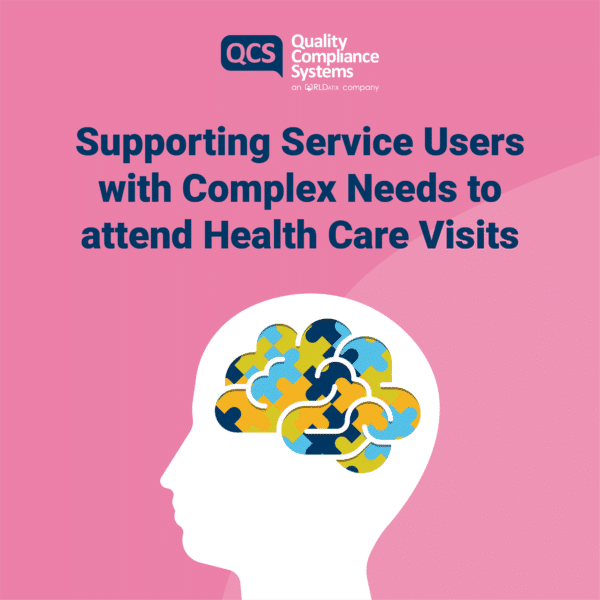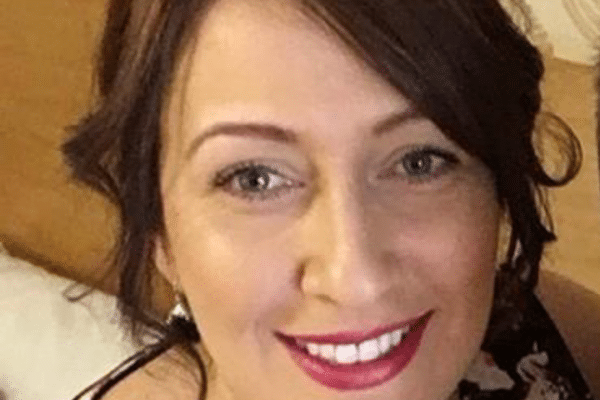There may be challenges for service users with complex needs when it comes to visiting healthcare services such as dentists, GPs, clinics. Here are some tips to help service users tackle
A few simple tips can help save time having to reorganise failed appointments
As the saying goes, knowledge is power, and this is certainly the case when it comes to preparing service users for healthcare appointments. Always provide as much information as you can about the service user to the healthcare provider to enable them to meet their specific needs.
For example, people with physical disabilities may have problems getting into the GP surgery or into a dental chair. If wheelchair access is particularly important, contact the dental practice/GP beforehand and ask if this is something they are prepared for. Many services have specially adapted surgeries for people with mobility problems.
Autism
Service users with autism may not understand why they need to visit the GP or that regular check-ups with the dentist are important. They may be worried about lying down in a dental chair with a light shining in their face and cold equipment in their mouth. Or they may not understand why a GP needs to perform a physical examination.
Autistic service users often struggle to deal with too much sensory information, so physical touch and noise can be difficult for them. When visiting the dentist, the noise of the drills and cleaning instruments can also cause distress. Sometimes the taste of the mouthwash and dental materials can be a problem, as can other things, like the colour of clothing, or the smell of perfume. If any of these things are going to cause the service user distress it is important that the healthcare provider is informed before their appointment so they can plan ahead and make adjustments where needed. With a little notice, they will be happy to accommodate the service users needs. For example, the service user may be able to visit the practice/clinic in advance of an appointment, this can often be a big help as it helps the autistic person to get used to the surroundings.
It may help a service user if they bring some tools, such as ear defenders or sunglasses, on the day of the appointment. If the service user is sensitive to sounds or bright lights this should help them feel more comfortable.
Below are some useful points to discuss with the service user and healthcare clinician:
- Is the service user sensitive to light and noise?
- If they are sensitive to light and noise, how can the practice/clinic adapt their environment to accommodate that? (They might not be able to alter light or the noise made by equipment, but they can usually provide stress balls or visual distractions)
- What appointment times feel best for the service user? Would waiting in a waiting room make them anxious? (If time spent waiting in healthcare waiting rooms will increase anxiety for the service user, speak with the GP/dental practice, they can book an appointment where they shouldn’t have to wait too long – for example, the first appointment of the day, or the first one after lunch)
- If treatment is required, appointments could be spread out over several visits. This means the service user can get to trust the healthcare clinician and take things one step at a time, which will help to manage their anxiety
- The autistic service user may choose to wait in a car or somewhere else away from the practice and be phoned or texted by practice staff just ahead of their appointment, which if you let the healthcare provider know, they will be happy to do
- Bringing a family member or carer to their appointment is encouraged (if this is what the service user wishes), this may make communication better for everyone
- Some service users with autism will not like to be touched or for people to get too close to them, so it is very important that healthcare professionals are aware of this, then they can clearly explain what is happening and what they are about to do
- Autistic service users may need extra time to process information, and some may prefer information to be presented visually. If this is the case, it is important that the healthcare provider is aware of this before their appointment so they can make arrangements for it
- Some service users find it easier to avoid eye contact, others may find it difficult to know how much eye contact to make, so it is important that the healthcare clinician is aware of this, with prior knowledge they can avoid eye contact if that is the service user’s preference
How to Help People with Dental/Doctor Phobias
If a service user has any concerns or anxieties about visiting a healthcare provider, it is important they are aware so that they can help to make them feel at ease.
Some service users may prefer to be seen at certain times of the day depending on their needs. For instance, evening appointments may not be suitable for service users who tire easily or may spend the day worrying – in this case, the first appointment of the day may work best for them. Some service users rely heavily on routine and may need regular appointments at the same time.
For service users with a dental phobia, IV sedation may be effective. The service user may need to be referred to a specialist clinic for this treatment. The local community dental service or some health centres will also help people needing specialist care and may be able to offer possible treatment alternatives, such as sedation or general anaesthetic. The service user’s dentist or doctor is responsible for referring them to the clinic best suited to their needs.
If a service user has any worries about a visit to a healthcare provider, help them to take the first step by calling the practice/clinic before the appointment to discuss their individual needs. Healthcare professionals are there to help you and will do their best to accommodate wherever possible.
There is further help available to support, such as:




